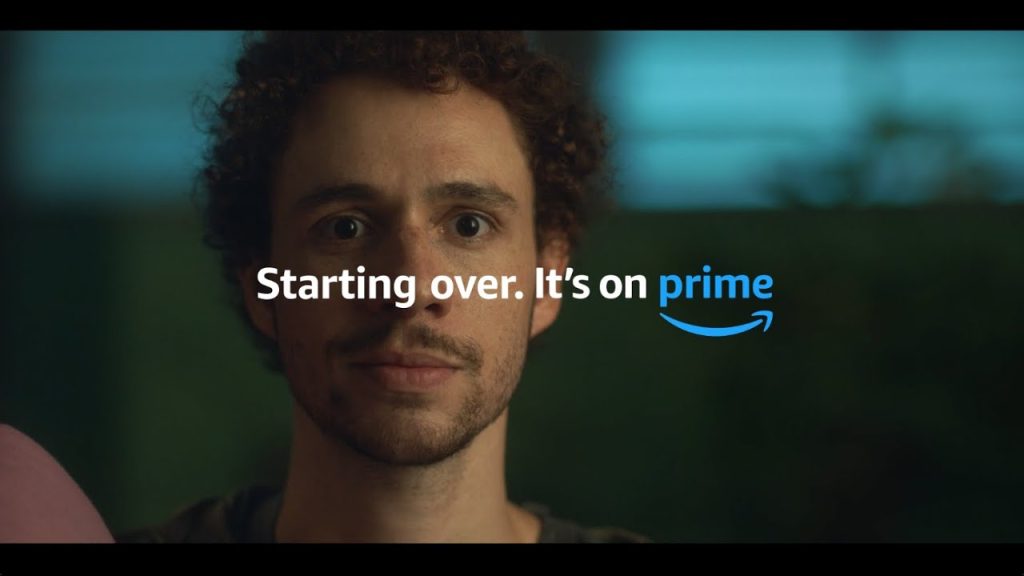Jon Howard of Quiet Storm: why the birth of voice doesn’t mean the death of advertising
In one of its periodic spasms of self-doubt, some sectors of the industry have been quick to hail the ascendancy of digital voice assistants, such as Amazon’s Alexa and Google’s Home, as striking a death knell for brand advertising.
Aside from the fact that those same often self-interested voices are quick to consign tried and tested advertising techniques to the dustbin with each consecutive technological development but have consistently been proven wrong, in this instance not only is the assumption incorrect but the opposite may be true.
AI assistants will play an increasingly important in our lives, of that there is no doubt. But as this technology becomes more of an integral part of our lives, I believe that it will lead to a resurgence of the disruptive, fame-building advertising, which has always been our stock-in-trade, as businesses and brands look to liberate people from the tyranny of a digital autopilot that only allows one choice. Indeed, it will become an imperative for brands to survive and flourish.


Batteries. These are often cited as anecdotal evidence of the pernicious influence that Amazon has in controlling customer choice – it prioritised its own-label batteries over Duracell in the US. According to research from Microsoft and others, Duracell will have been penalised further by the fact that voice requests are more conversational, lacking in brand specificity regardless of loyalty in other circumstances. Voice Assistants present you with a single option, based on what the AI ‘thinks’ you want – this might be a function of previous behaviour, but could also be what’s cheapest, what others have bought etc. Brand name fame and brand-specific requests become a priority in this situation.
Control – or rather advertisers’ lack of – over voice search was seem as a stake to the heart of ‘conventional’ advertising, while ignoring the fact that on-line represented only four per cent of battery sales.
Nonetheless trend spotters, quick to jump on the latest bandwagon, have pursued this narrative vigorously despite evidence to the contrary. Industry experts have claimed that this feature of comms isn’t wooing real people with creativity; it’s gaming machines with ‘science.’ Translation: in the future we won’t think about what we buy, we will just buy on autopilot what the AI decides to put in front of us.
While voice search is clearly going to play a significant role in our futures (although this future may still be a way off: according to the Ipsos Tech Tracker, only five per of UK homes own a voice assistant currently, most using it as a glorified digital radio and only ten per cent of non-owners expect to buy), my question is whether the death of brands and advertising will be an inevitable consequence of this.
There is a compelling alternative viable counter-narrative to consider: that the trend to voice will actually precipitate a resurgence in disruptive, fame-building advertising that looks to break people free of the digital auto-pilot.
Because as challenging as the future may seem, in many ways brands have always been in this situation: the autopilot of voice and the power of Amazon is no different to the autopilot of the supermarket shop and the power of retailers (except with voice you are essentially shopping with a blindfold on, and letting someone else load your basket).
Gaming the AI system – and probably paying Amazon – to be nearer the top of Alexa’s choices is no different to price promoting and paying for gondola ends with similar consequences: a status quo that favours big brands and reduces profitability across the board.
So just as all empirical evidence, from august bodies including the IPA, says disruptive, fame-building advertising is the most effective way to deliver long-term profitable growth, especially for challenger brands, in a voice future why should this be any different?
In fact the need to be creative and disruptive with advertising to cut through the inertia of voice assistant-curated shopping lists will become more of a priority than ever. As such, voice search is not a threat but presents bold brands and truly creative agencies with a brilliant opportunity.











